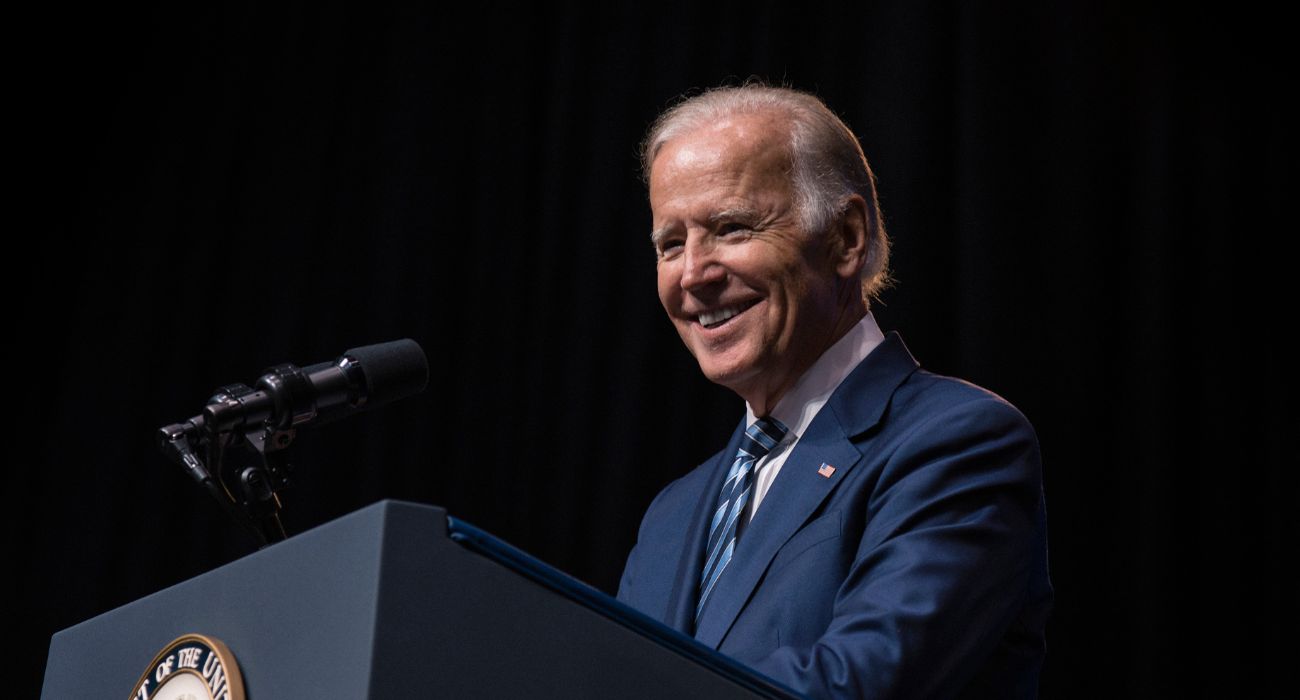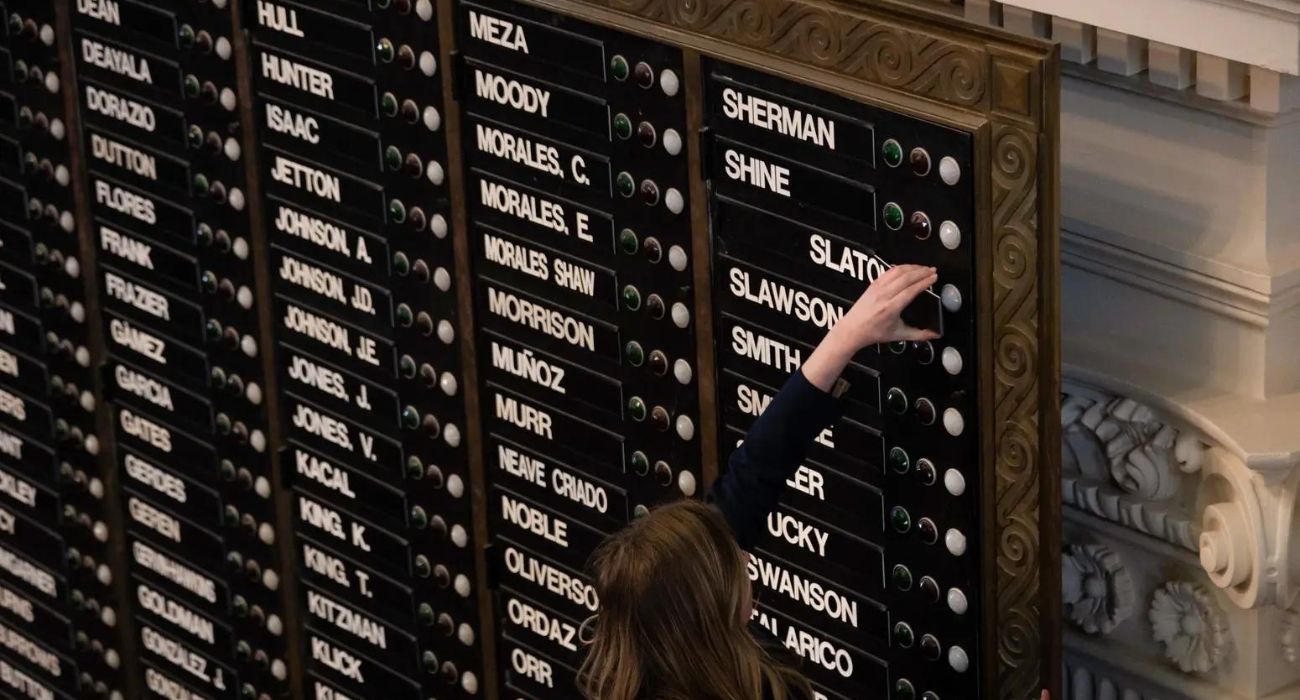The U.S. House of Representatives passed legislation on Thursday to codify into federal law the right to contraception.
The House voted 228-195 to pass the Right to Contraception Act, with votes in favor from all Democrats and eight Republicans.
The eight Republicans who voted to back the bill were: Reps. Liz Cheney (R-WY), Anthony Gonzalez (R-OH), Brian Fitzpatrick (R-PA), Fred Upton (R-MI), Nancy Mace (R-SC), John Katko (R-NY), Adam Kinzinger (R-IL), and Maria Salazar (R-FL).
Reps. Bob Gibbs (R-PA) and Mike Kelly (R-PA) voted present.
The legislation would guarantee access to any contraceptive device, including all contraceptive products approved by the Food and Drug Administration (FDA), intrauterine devices (IUDs), and emergency contraception such as Plan B pills.
The bill arose out of the Supreme Court’s overturning of the 1973 case of Roe v. Wade, which legalized abortions nationwide.
Justice Samuel Alito wrote the majority opinion in the case, writing that the “decision concerns the constitutional right to abortion and no other right.”
However, Associate Justice Clarence Thomas went further by authoring a concurring opinion that suggested if the legal foundation of the Roe ruling was wrong, then the high court should revisit previous rulings that recognized the right of gay marriage and access to contraception.
In 1965, the Supreme Court ruled in Griswold v. Connecticut that the U.S. Constitution protects the right of married couples to buy and use contraceptives without government restriction, overturning a Connecticut law that banned birth control. A later ruling guaranteed access to all people regardless of marital status.
The concurring opinion caused concern among House Democrats.
“With this passage, Democrats will make clear,” said House Speaker Nancy Pelosi (D-CA). “We will never quit in the fight against the outrageous right-wing assault on freedom.”
Some House Republicans labeled the bill a political gimmick to boost Democrats ahead of the midterms.
“If we allow the majority to undermine constitutional safeguards for an imagined and fake emergency, they will create more imagined emergencies in the future to violate and undermine our constitutional principles,” said Rep. Claudia Tenney (R-NY).
Other Republican lawmakers opposed the contraceptives bill because it could force medical providers to go against their religious beliefs.
Rep. Mariannette Miller-Meeks (R-IA), a physician, opposed the legislation because it “eliminates conscience protection laws and singles out that all providers would be required to administer contraceptives despite their moral or religious beliefs” due to the bill’s lack of language protecting physicians.
Democrats argued the bill forces the government, not individual workers, to enforce that access to contraceptives be provided.
Rep. Miller-Meeks, along with Republican Reps. Mace of South Carolina and Ashley Hinson of Iowa did introduce legislation on Wednesday to expand access to over-the-counter birth-control pills that the FDA has approved.
“I have and will continue to support women through increased access to healthcare resources like these,” said Rep. Mace, who was a “yes” vote on the contraceptives bill.
Rep. Mace said she is anti-abortion except in cases of rape, incest, and danger to the mother’s life. However, she said access to emergency contraceptives is especially vital in states that have banned or strictly regulated abortion.
Mace showed up to House votes with tape on the back of her jacket that read: “My state is banning exceptions, protect contraception.”
Senate Democrats have yet to announce a plan to vote on the same-sex marriage or contraceptives legislation. Both bills would need the support of at least 10 Republicans to pass through the evenly split Senate.
According to the National Survey of Family Growth, from 2017-2019, about 65% of women between the ages of 15 and 49 in the U.S. were using contraception. Gallup public opinion polls show that more than 90% of Americans support contraceptive access.







>Thomas went further by authoring a concurring opinion that suggested if the legal foundation of the Roe ruling was wrong, then the high court should revisit previous rulings that recognized the right of gay marriage and access to contraception.
…and look for the proper legal foundation for those rights:
‘After overruling these demonstrably erroneous decisions, the question would remain whether other constitutional provisions guarantee the myriad rights that our substantive due process cases have generated. For example, we could consider whether any of the rights announced in this Court’s substantive due process
cases are “privileges or immunities of citizens of the United States” protected by the Fourteenth Amendment.’
That certainly was a waste of time and taxpayer money. When has contraception not been accessible? Republicans have been pushing contraception for decades as an alternative to abortion.
Right. Kabuki theater ahead of the mid-terms.